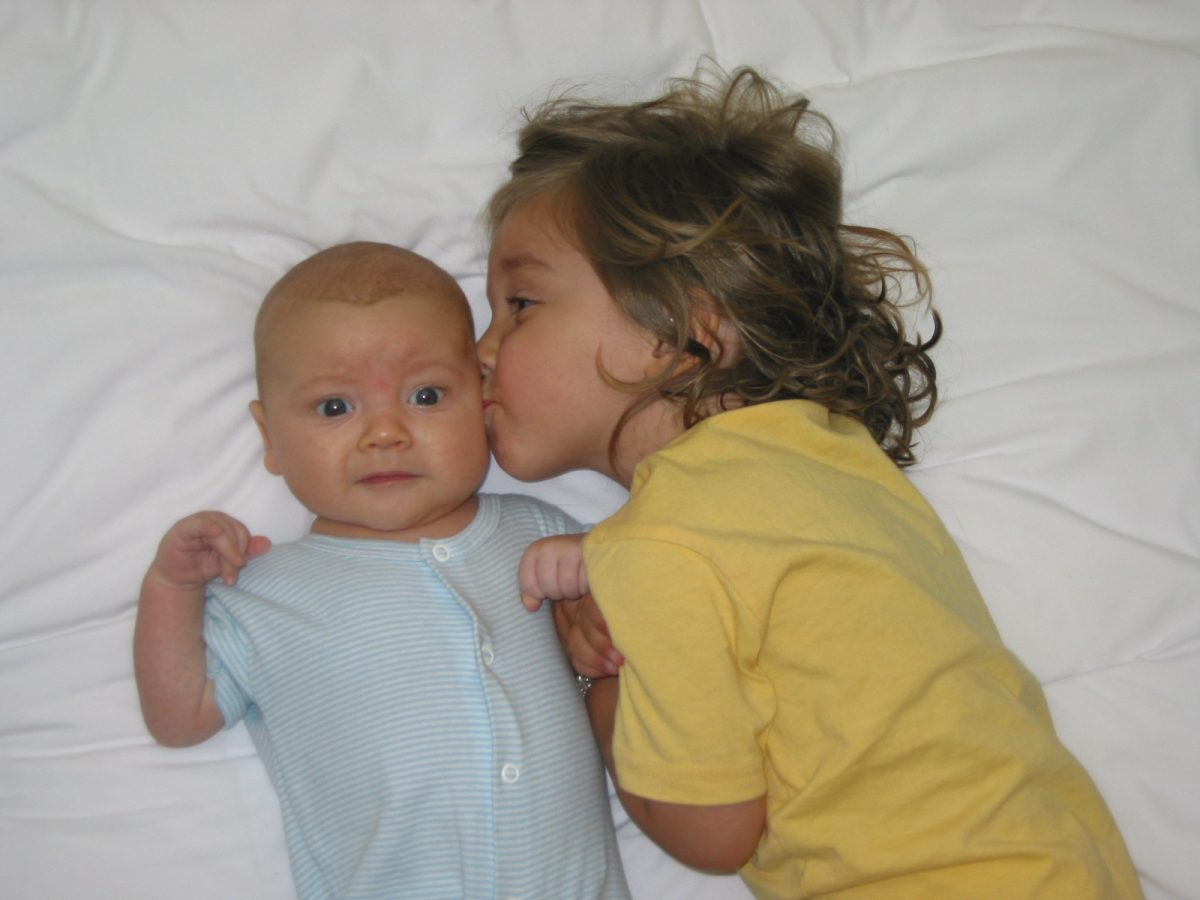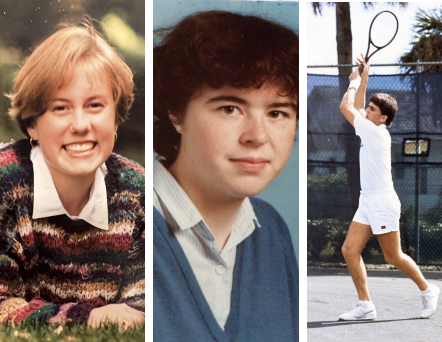Being the eldest child is a double-edged sword. Terrific and terrible. A paradox. From taking the blame to riding shotgun, there are an infinite amount of advantages and disadvantages.
You are your parents’ guinea pig: the first trial in their human experiment. They’ve never done this before and neither have you; you struggle through it together. Your siblings, on the other hand, have it much easier. Everything they have to go through, be it school, sports, or friendships, your parents have already learned from your mistakes and their own. This goes hand in hand with strictness. Parents tend to be stricter with their eldest children, according to a study in The Economic Journal, where an experimental game was used to model parent-teenager interactions. According to the study, parents have an incentive to be stricter with their older children as this keeps them in line and may deter the younger children from misbehaving. As younger siblings become older, however, parents lose the motivation to follow through on their threats.
“Tender-hearted parents find it harder and harder to engage in ‘tough love’ since, as they have fewer young children in the house, they have less incentive to uphold reputations as disciplinarians,” says Lingxin Hao, author of the study and Professor of Sociology at Johns Hopkins University. “As a result, the theory predicts that last-born and only children, knowing that they can get away with much more than their older brothers and sisters, are, on average, more likely to engage in risky behaviors.”
You are also expected to be a role model for your younger siblings. Junior Sebastien Loko says “[his parents] just expect [him] to be more mature.” “I like to be a role model for my younger sister,” says William Raineri, another junior, “I try to be the best version of myself so that my sister can have someone to look up to; I try my hardest not to make stupid decisions.”
Sometimes, you can blame your younger siblings for certain things. However, if something goes awry, your parents’ first instinct can also be to blame you, as the “responsible one”. “My mom is way more lenient on my brother, like way more,” says Stephanie Hood, who is also a junior. “She doesn’t get mad at him for things that she hates when I do. He also always rides shotgun, always.”
Riding shotgun: easily the most controversial and heavily debated topic among siblings. As older siblings, many of us think that it is our birth-given right to sit in the front seat, an unwritten rule, or even the natural hierarchy.
Younger siblings tend to sometimes get the same privileges earlier. “My younger siblings think that just because I can do something, they can do it too,” says junior Dorothy Nelson of her younger twin siblings, “I am two and a half years older than them, which means that there are some privileges I have that they are not yet entitled to. A prime example of this was me having to convince my parents to get me a phone and then my younger siblings easily getting phones just because I had gotten one.”
Matias Martina, who is also a junior, says being the eldest “is very annoying at times”. “My younger sibling has a bit of an anger management issue,” he says, “and we disagree on a lot of things.” Younger siblings revel in annoying their older siblings. “Evan makes me angry”, says junior Ella Debose of her younger brother. “He says I have a chicken nugget head. Oompa-Loompa is another insult he likes.”
Siblings are often hyper-aware of their siblings’ insecurities or ticks. “Toby is a little [expletive],” says junior Sacha Davies of one of her younger twin brothers, “Just this morning he locked me in the basement!” He knows which buttons to push to make her angry, she says, “If he’s sitting in front of me, in the front seat, for example, he’ll put the seat all the way back, or if he’s sitting behind me, he’ll step on my seatbelt.”
Siblings, in general, also make for countless memorable and funny stories. “My brother once got mad and yelled, ‘I hope you all get parasites’, over the balcony of a hotel in Florida, where we were staying with another family,” recounted Stephanie Hood, another junior, “Another time, he was so angry that he threw his iPad down the stairs.”
Her funniest memory of her brother occurred recently, she says. “The other morning, my dad woke us up an hour late, so we were all rushing to get ready. My brother accidentally broke a ceramic cookie jar that we’ve had for years that has sentimental value. He was so angry that he jumped so hard that the entire house shook, and the burglar alarm went off. Not only were we running late for school and had a broken a family heirloom strewn all over the floor, but now the burglar alarm was also going off.”
We often get mad or annoyed at them, but at the end of the day, we appreciate our siblings as there is an ingrained sense of camaraderie. “Sometimes if our parents are angry, we’ll work together to come up with a story that makes us not get in trouble. Sometimes, but rarely, we’ll lie for the other one, so that they don’t get in trouble,” says Stephanie Hood.
By Ainhoa Petri-Hidalgo

































































